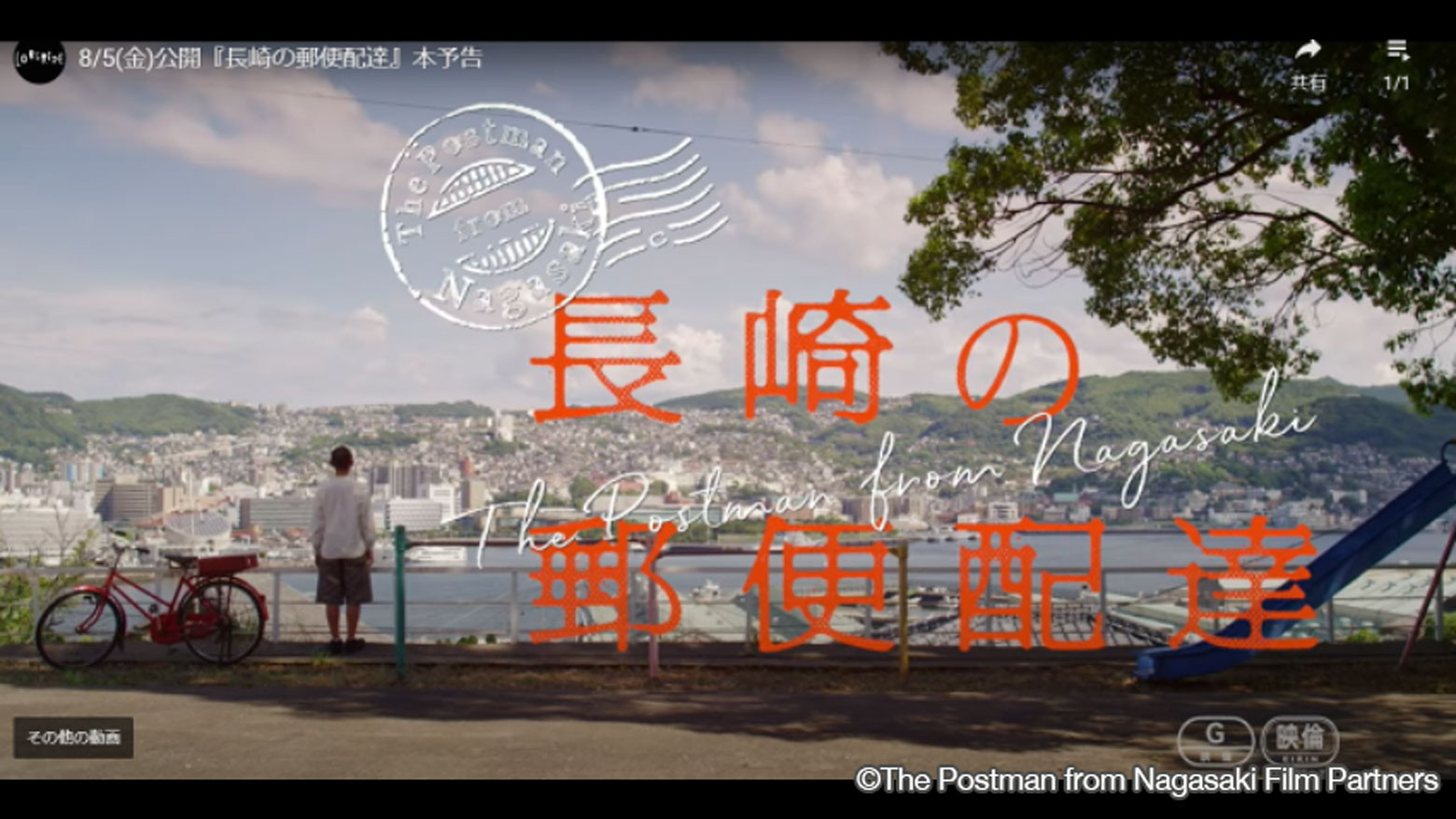A postman with a red back
On August 9, 1945, the day an atomic bomb exploded over Nagasaki, 16-year-old Taniguchi Sumiteru was delivering mail on his bicycle about two kilometers from ground zero. The blast threw him into the air, and the heat and the radiation burned through his shirt and into his skin. He was left with severe burns on his back.
He was admitted to hospital in November 1945 and spent almost two years lying face-down in bed. He stayed in hospital for three-and-a-half years. A bedsore that formed on the left side of his chest never properly healed.
Watch Video 00:14
For the rest of his life, Taniguchi spoke about and showed people the red scars on his back that became a symbol of the inhumanity of nuclear weapons.
Kawase's documentary shows him delivering a speech in New York, two years before he passed away aged 88. "To save the blue planet for future generations, nuclear weapons must be eliminated," he says. "Let us work hand-in-hand to abolish nuclear weapons. No more Hiroshima. No more Nagasaki. No more hibakusha [the Japanese term for atomic bomb survivors. No more war."
Kawase met Taniguchi in his final years. She says he made an enormous impact, helping her understand the true horror of the atomic bombing of Hiroshima and Nagasaki. As Taniguchi advanced in age, Kawase felt a sense of urgency and duty to share his story.
She travelled with him to New York in 2015, to attend a United Nations conference on the Non-Proliferation Treaty. "Taniguchi's health condition was not great then," remembers Kawase. "He was coughing all the time, but despite that he traveled all the way to New York to spread his message.
"The atomic bombs greatly impacted people living normal lives, like us. The bomb 77 years ago proves it must never be repeated. People who are aware of this should speak up in some way and express their thoughts."
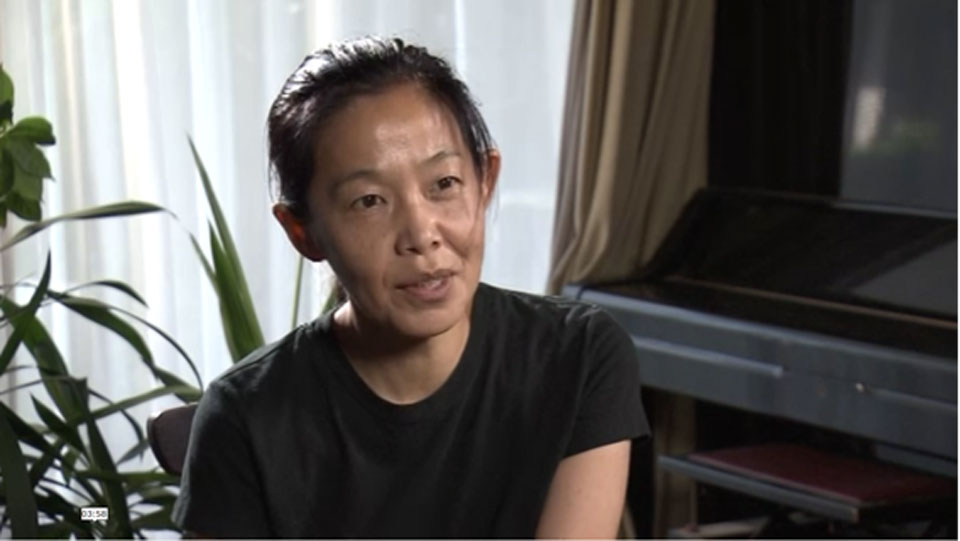
Inspired by a book
The documentary is inspired by a book published in 1984. Its author, Peter Townsend, was a British Royal Air Force pilot during World War II known for his romance with Queen Elizabeth II's sister, Princess Margaret.
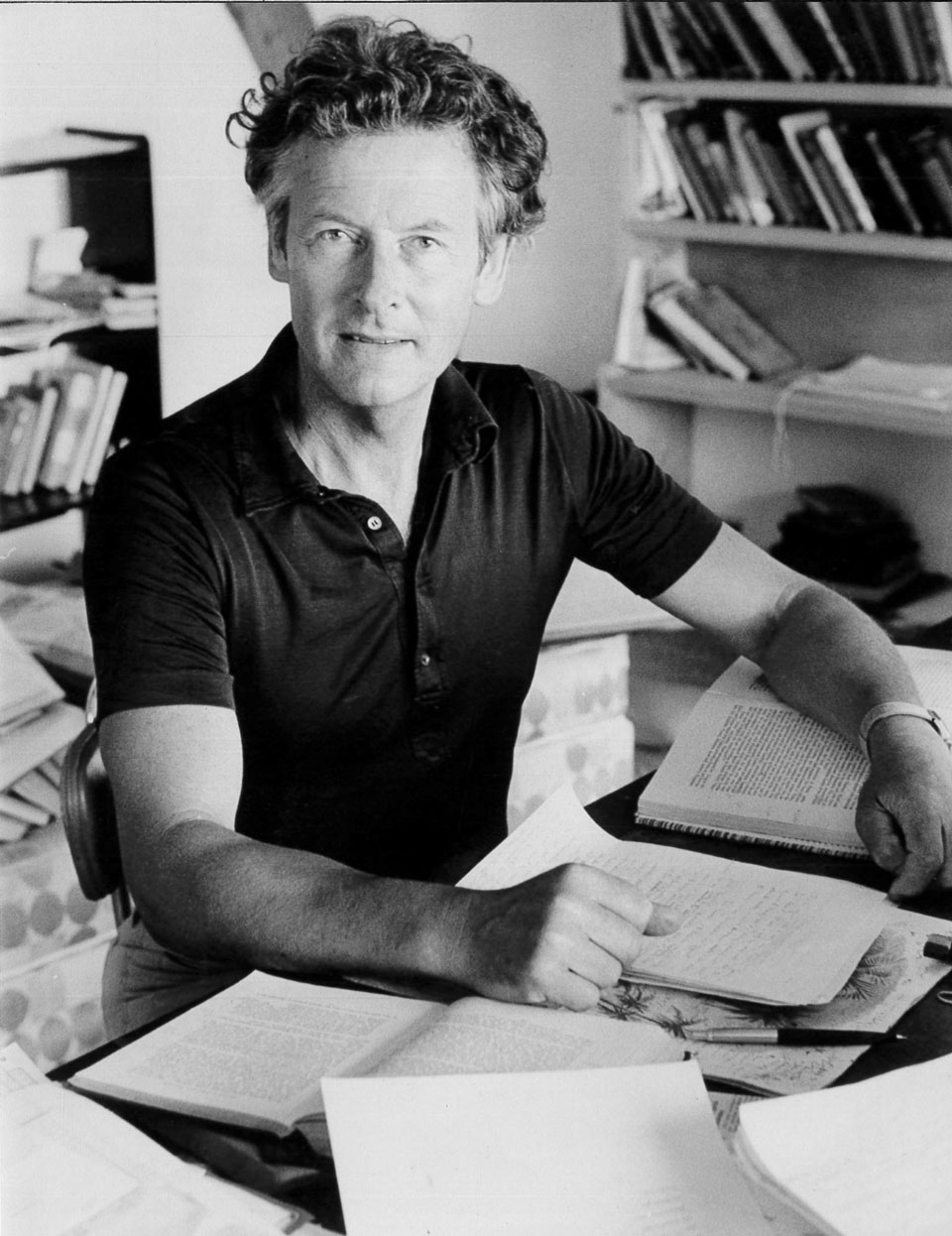
Townsend spent much of his later years as a non-fiction writer, focusing on war and its impact on people. He became interested in Nagasaki and during a visit in the early 1980s he met Taniguchi. Townsend was deeply affected by Taniguchi's experience.
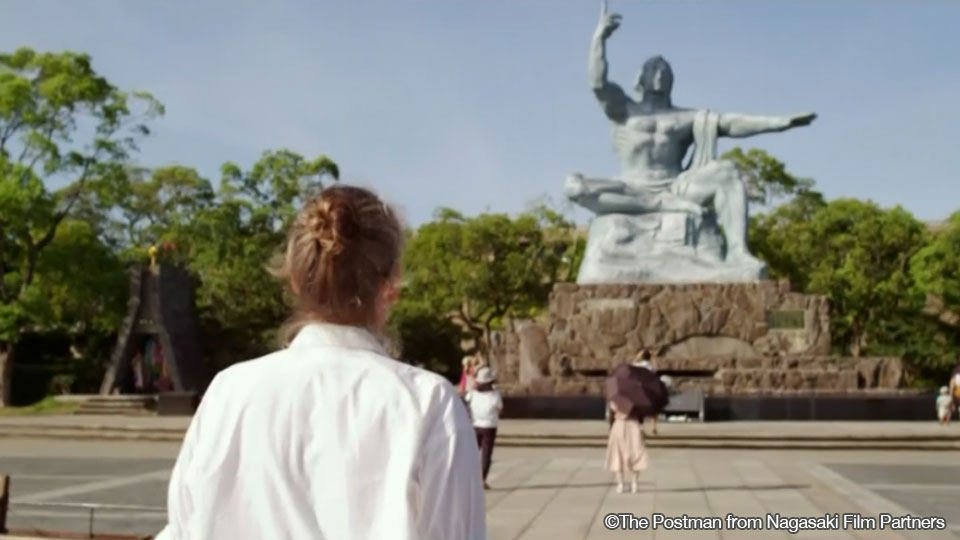
Townsend's daughter Isabelle features in the documentary. She visits Nagasaki to learn more about Taniguchi's suffering and strength.
She speaks about a powerful anecdote that Taniguchi shared with her father. When the atomic bomb survivor visited a beach one day with his two children, his daughter saw the scars on his back and began to cry. That drove Taniguchi's determination to share the horrors he had experienced and witnessed -- starting with his own family.
In his book, Townsend paraphrased what Taniguchi told his children that day on the beach: "When I was small my body used to be just like yours and all these other peoples'. Then, when I was a boy of 16, a thing called an atom bomb made a terrible fire in Nagasaki and burnt down most of the city. Thousands of people, some as young as you, were killed and burnt. I was one of them. None of us had done any wrong. The wrong was done by other men against us. People like me are called hibakusha; we are the ones who were hurt by that fiery atom bomb but are still alive. We want everyone else to see how badly it wounded and burnt our bodies and to listen to us, because only we can tell them how awful it is."
Taniguchi's message reaches Japanese classrooms
As Russia makes nuclear threats in its war on Ukraine, people's memories of what that entails for humanity are fading. With that in mind, Kawase is sharing her documentary with students in Japan. After a discussion at one school in Tokyo, the film maker is relieved to see how engaged the young audience members were.
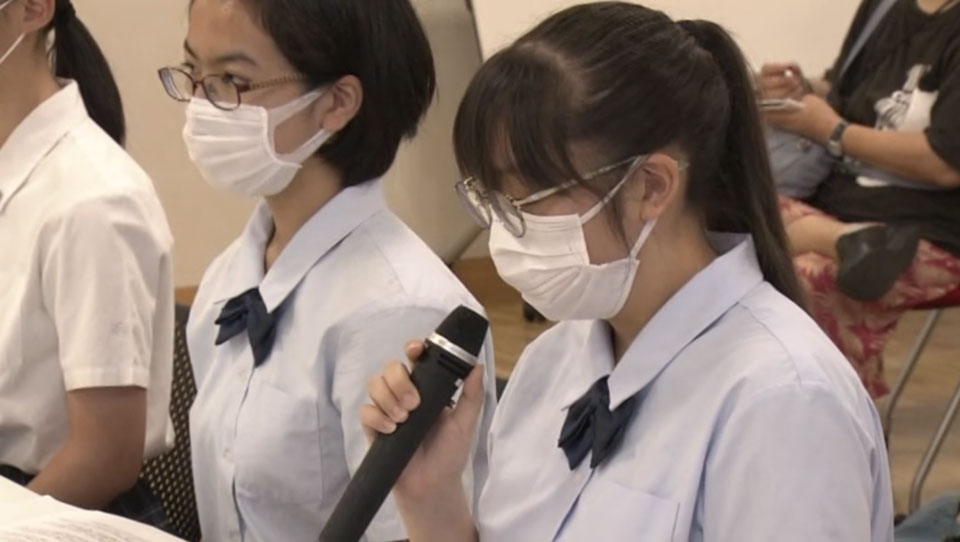
One student noted, "Taniguchi was an ordinary postman; he was just delivering mail. He was living a happy life. An atomic bomb or war can destroy a person's life. It should not be repeated."
Another said, "Even children of hibakusha may be affected by radiation. Seeing people worrying about this, I learned that the sorrow is being passed down."
Kawase believes it is up to the next generation to guard Taniguchi's message and complete his unfinished work, "I feel I am running on a rail laid by Townsend and Taniguchi. Students were thinking so seriously, trying so hard to put their thoughts into words and that is wonderful. They make me hopeful for the future."
